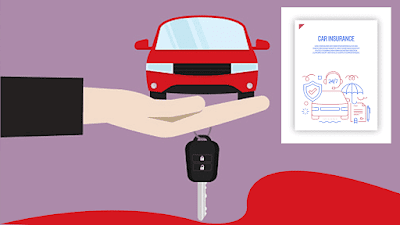10 Ten Bookkeeping Mistakes Made By Small Business Owners
Picture: Small business owners
10 Ten
Bookkeeping Mistakes Made By Small Business Owners
1. Taking everything on your self
The business owner and/or their spouse try to do it all
themselves (even though they don’t really understand what they should be doing,
even though they really don’t like doing it, and even though they are busier
than they’ve ever been in their lives before trying to do all the things that
go with running your own business).
2. Buying goods or services with cash or personal credit card and then failing to record these transactions at all in the books, or recording them incorrectly.
3. Not properly dealing with employees.
If someone works for you, even for a short period of time,
you need to consider whether they are an employee. If they are not going to go
onto the payroll, make sure they are going to give you an invoice - no invoice,
no payment!
The task of deciding whether someone is an employee is not
made easier with the status indicator tool provided by the Revenue &
Customs , for all but the most clear cut cases, this tool directs employment.
Which of course is what they would say!
Read Also: How Much Does That New Mustang Really Cost At 5 Years And Retirement
4. Not reconciling the bank account
Making sure that what is on the bank statements is the same
as the books. This gives reassurance that no bank payments or receipts have
been either missed or duplicated. It gives great reassurance that the books are
right.
5. Not using the right system.
What is the best system for the business? For a business
which needs to track credit given to customers and money owed to suppliers, it
would be silly not to use a computer.
For a business which can get by tracking just payments and
receipts, it will still save lots of time using the right computer system.
6. Backup
If you are using a computer system - its essential to back
it up. It costs very little and takes very little time. There really is no
excuse not to!
7. Getting the right categories set up.
Bookkeeping is really organising information into pigeon
holes. Keep your system simple and use it consistently. 20 to 30 account
headings (or categories) is probably about right, 50 would usually be too many.
8. Not having a seperate business bank account
Yes you need a seperate bank account. Even if you just have
one let property, I advise a seperate bank account. It makes everything much
clearer and simpler and avoids unnecessary work.
Also should HM Revenue & Customs ask to see the business
records, they would expect to see a business bank account.
Having to provide statements for a ‘mixed’ private and
business account would lead to requests to explain all the non-business bank
receipts, and probably more explanations on top!
9. Losing paperwork
Unfortunately HM Revenue and Customs do expect you to keep
all the receipts for your business expenditure. Be organised, file things away
systematically, usually just date order is best.
10. Not dealing with VAT properly
Get on the right scheme. For a small business, often vat
flat rate scheme is best.
Common mistakes are:
Not registering as soon as taxable sales exceed the level
where registration is required, with effect from 1 April 2007 this became
64,000 (up from 61,000).
Not accounting properly for VAT on fuel for private use.
Not adjusting VAT on bad debts.





